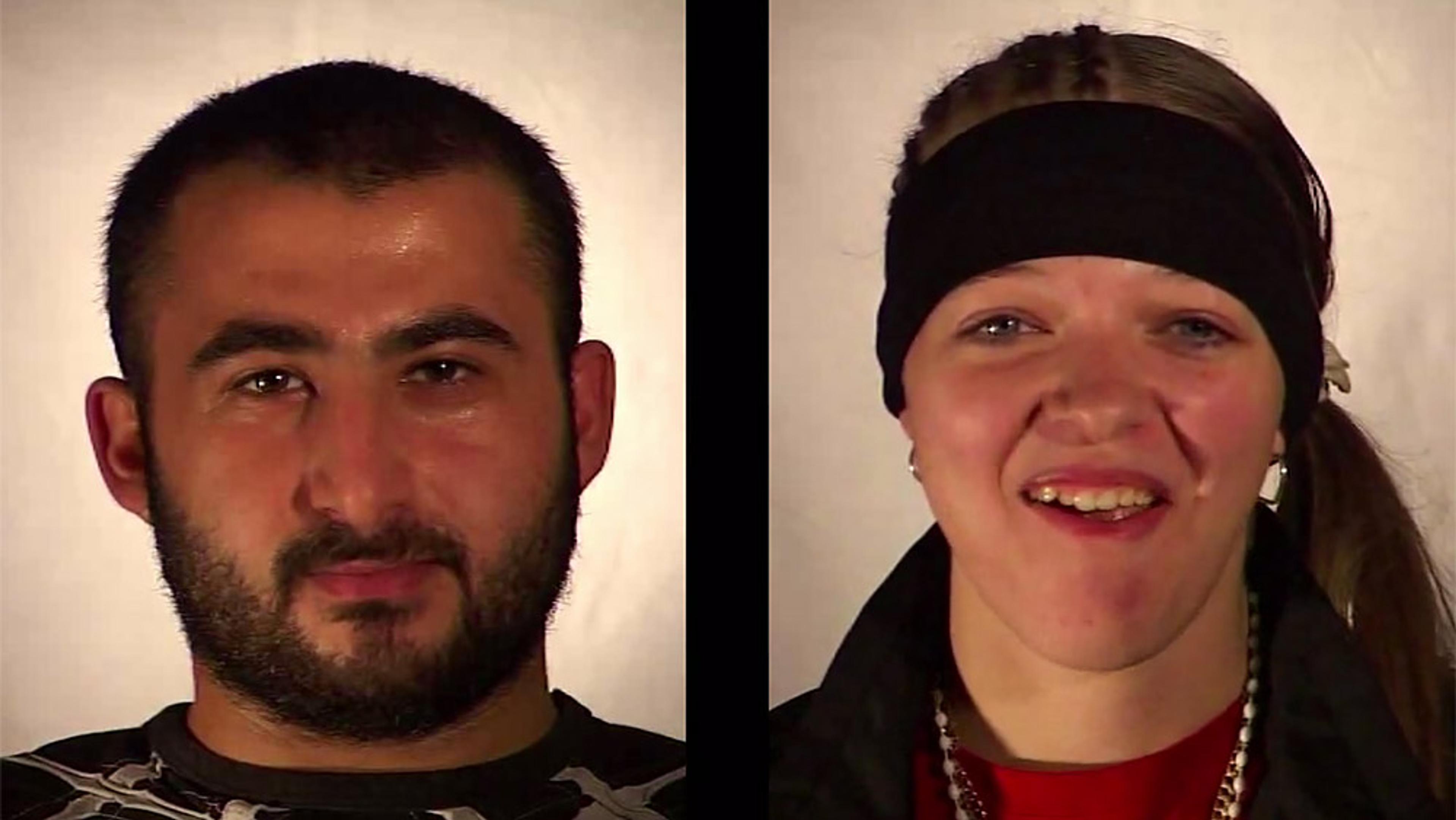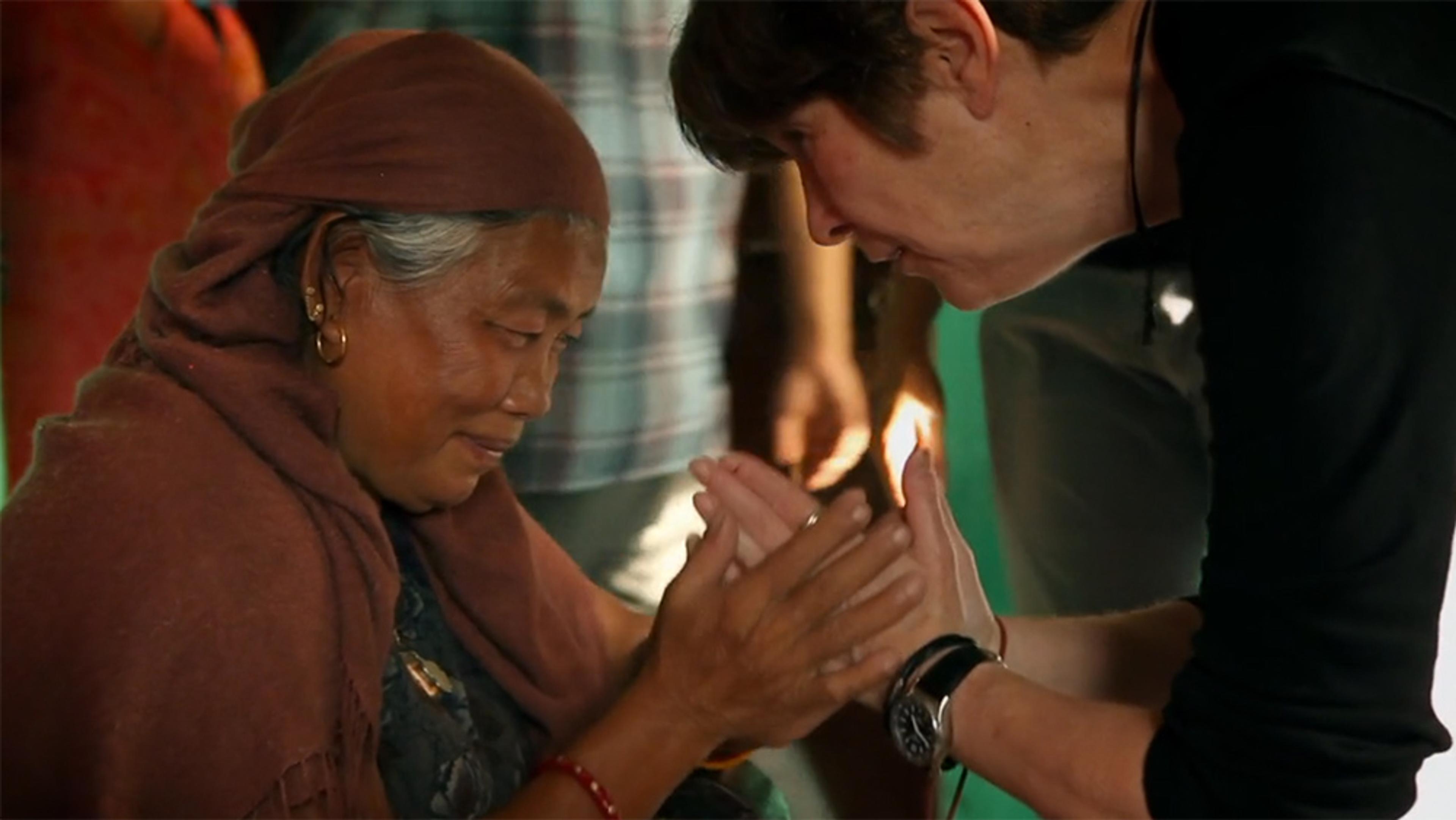Wry observations on daily life, sly turns of phrase, and aptly hurled swear words – a lot of what’s in the sets performed by the Greek-born, Edinburgh-based comedian Leah Kalaitzi is standard fare for stand-up comedy. However, as a deaf woman communicating in British Sign Language (BSL) in collaboration with a translator, Kalaitzi employs these tropes to singular effect. Although she often gets big laughs, her act aims to give audiences more than just a good time. Through humour, Kalaitzi endeavours to spread BSL culture, and foster communication between hearing and nonhearing communities. Part of Bridging the Gap, the Scottish Documentary Institute’s ongoing initiative to support emerging filmmakers, Silent Laughs follows Kalaitzi leading up to a showcase set at the Stand, Edinburgh’s premier stand-up comedy venue.
Signing swear words: the stand-up comic bringing deaf culture to hearing people
4 April 2019

videoLanguage and linguistics
Why lip-reading is like ‘putting together a puzzle without all the pieces’
4 minutes

videoSubcultures
How the deaf experience of music can enrich music for everyone
12 minutes
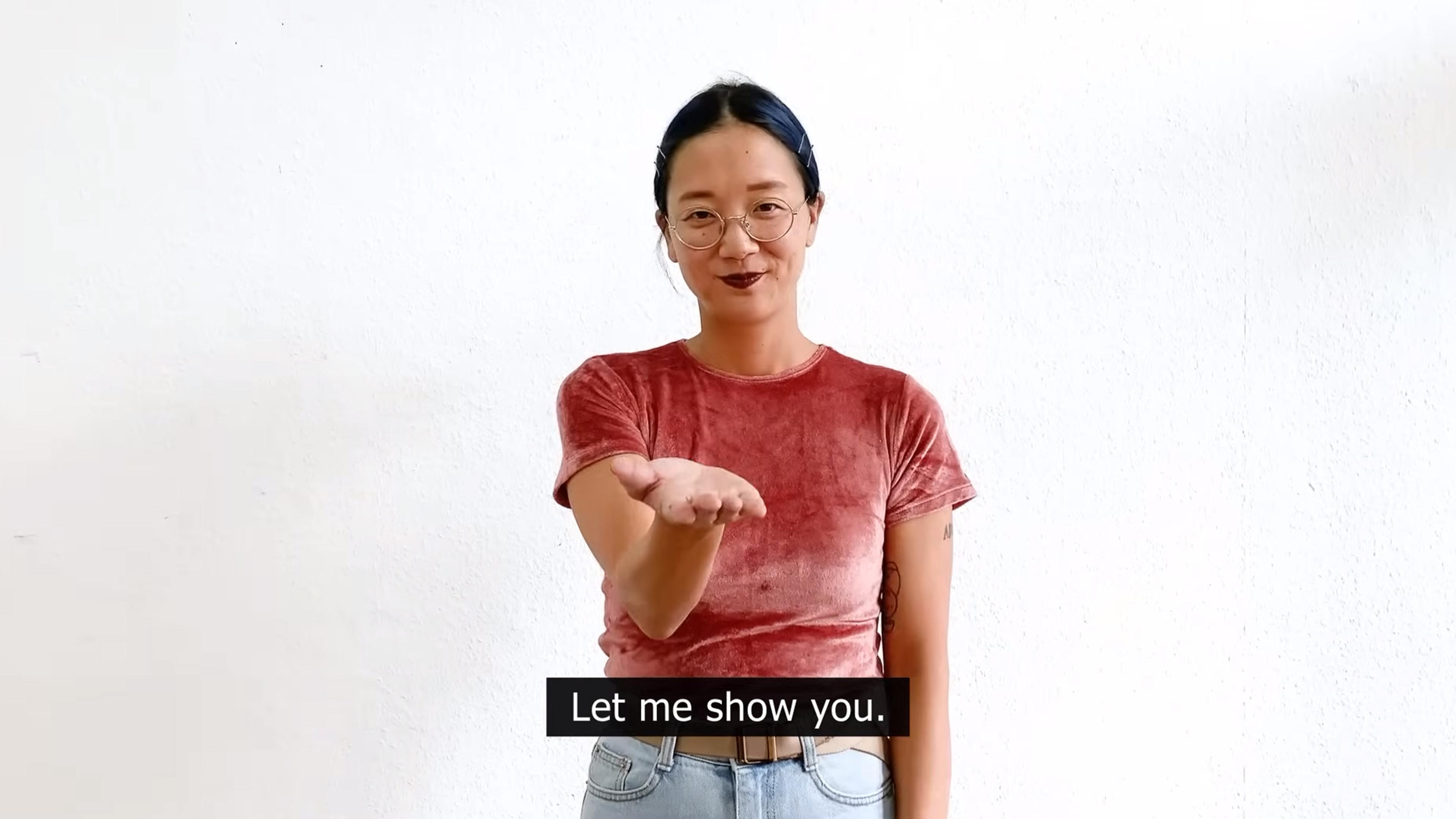
videoLanguage and linguistics
Closed captions suck. Here’s one artist’s inventive project to make them better
8 minutes

videoLove and friendship
Meeting your boyfriend’s family is hard. Agata must travel 3,000 miles. And she’s blind
13 minutes
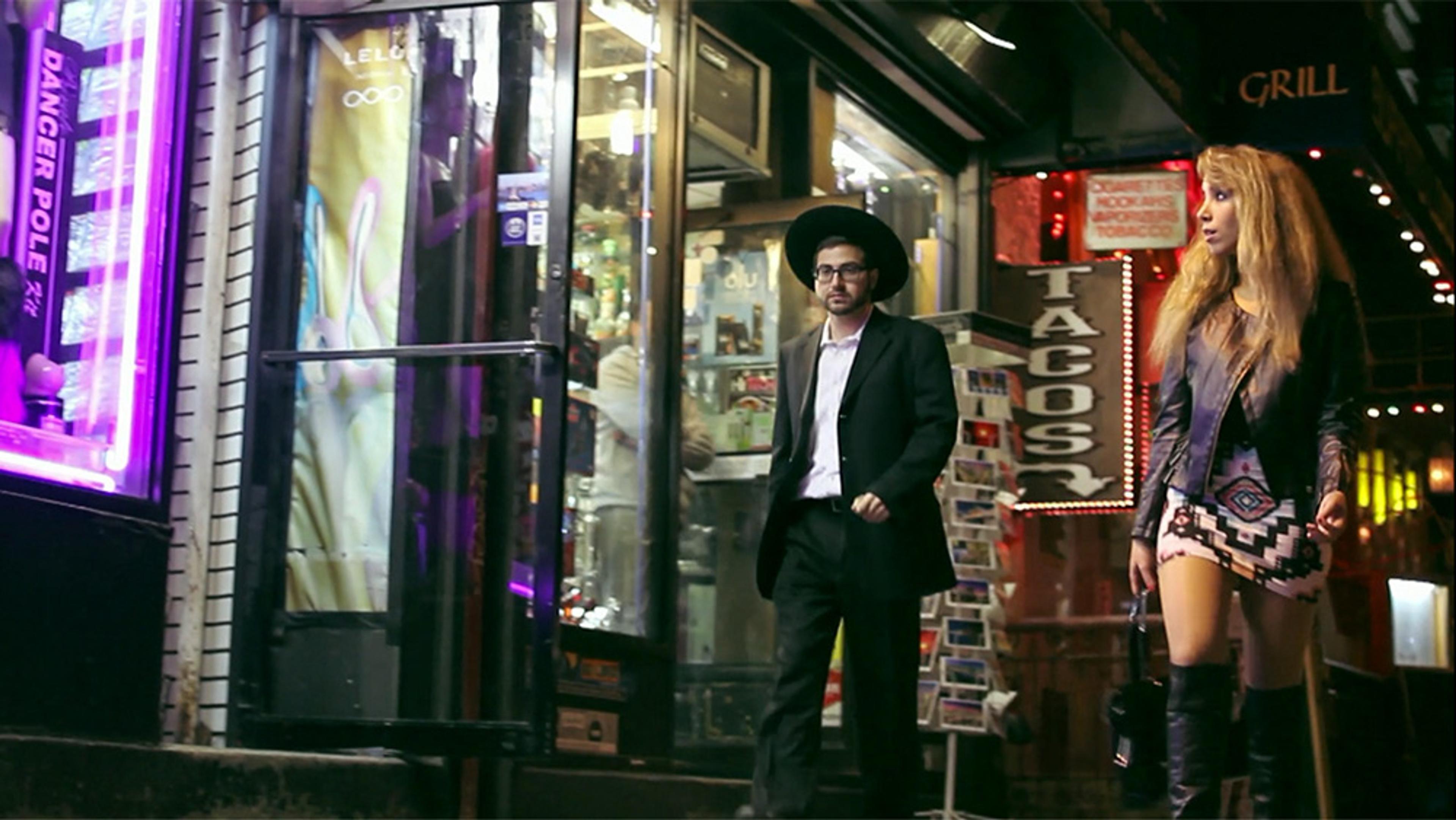
videoSubcultures
Being a stand-up comedian is hard. It’s even harder when it’s against your religion
24 minutes
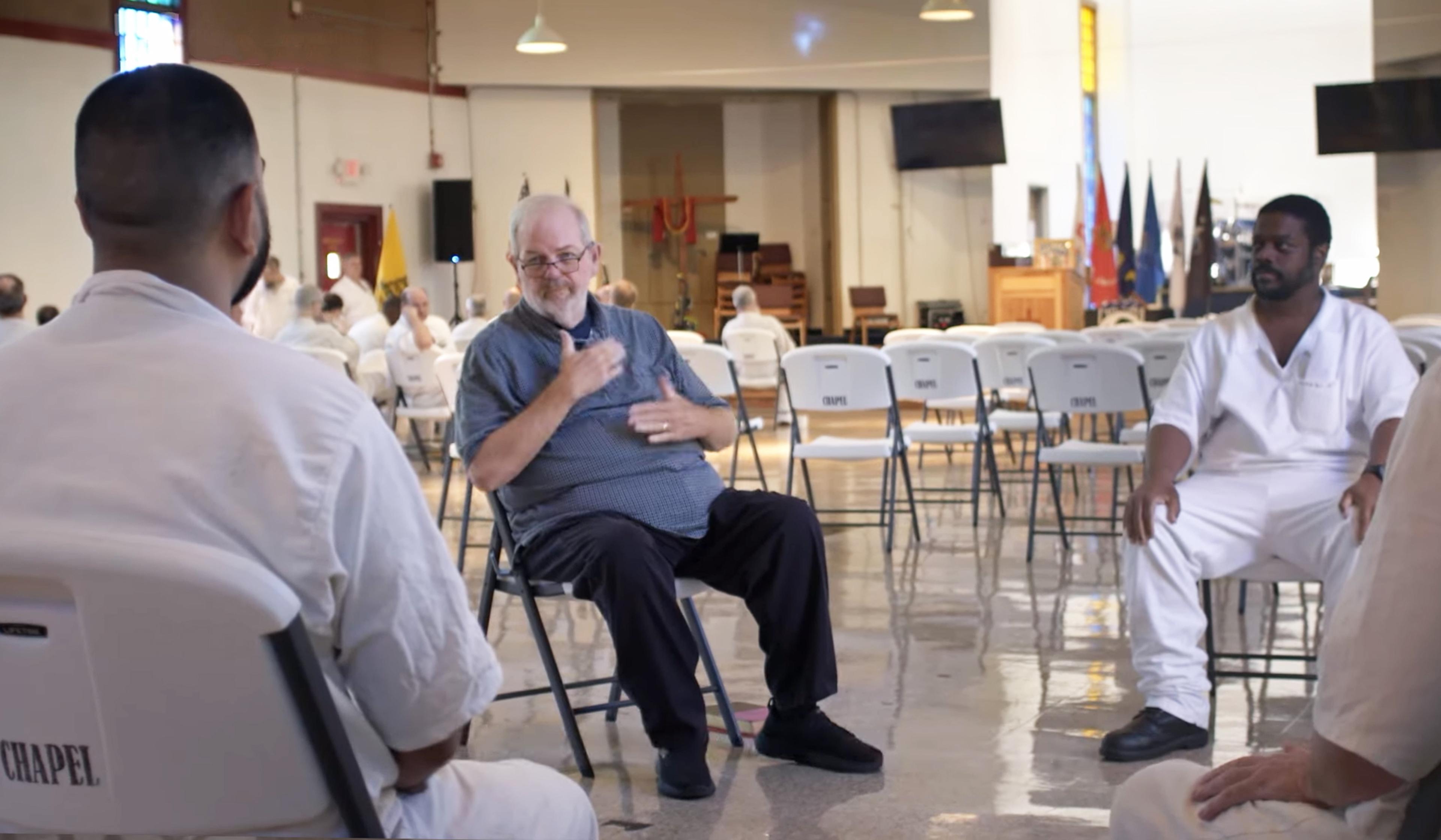
videoHuman rights and justice
‘I know that change is possible’ – a Deaf prison chaplain’s gospel of hope
18 minutes
